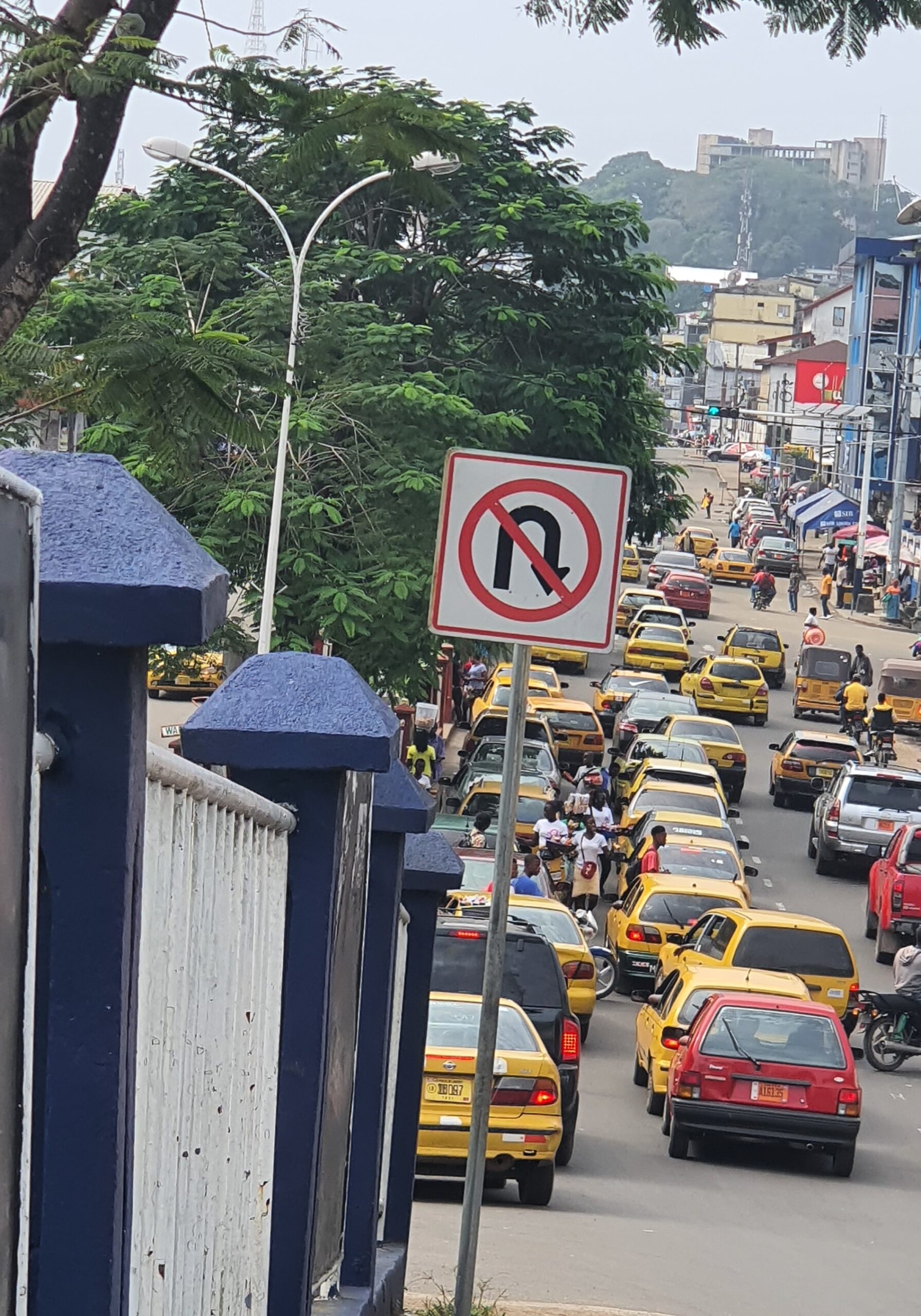Commentary: The Dialectics of Demonstrations- Revisiting Liberia’s 1979 Protests and Contemporary Implications

By: Austin S Fallah
As a little boy born and growing up in Bong Mines, and on vacation in Monrovia from Bong Mines at the time, I see, in Liberia’s historical memory, that the demonstration of 1979 holds a crucial socio-political significance as a pivotal moment in asserting the public’s demand for increased participation in governance and advocating for the common good.
The civil unrest, also commonly known as the Rice Riots, marked Liberia’s collective understanding that governments must ultimately serve their citizens rather than clinging to the vestiges of self-serving power.
Today, Liberia basks in the vibrant political landscape, the diversity of ideas, the involvement of civil society in decision-making processes, and dynamic socioeconomic engagements, all owing their existence to the seeds sown in the tumult of 1979’s protests by our braved seniors at the time dead or alive.
We salute you for such a risk that today, names that could not sit on the executive mansion table to discuss national issues can do so. Bravo, and Bravo.
However, critical thinkers must strive to ask difficult questions about the implications of such public demonstrations and protests even as we commemorate important historical milestones in our march toward democratic governance.
How much of our history is scarred by the loss of lives and property in the wake of public unrest?
Does demonstrating consistently lead to disunity and chaos in Liberian society?
[bsa_pro_ad_space id=1]
Participation in public demonstrations undeniably contributes to advancing society’s collective aspirations for socio-political change.
However, public demonstrations should never be viewed through an uncritical lens nor seen as the only avenue for asserting societal grievances.
Without performing rigorous cost-benefit analyses, the potency of public demonstrations could be hijacked by vested interests, thereby potentially causing more harm than they aim to rectify.
Moreover, it is imperative to consider the invaluable importance of communal unity, stability, and peace.
After decades of incessant turmoil, Liberia now enjoys a semblance of peace that demands protection and reinforcement.
Therefore, it is vital that citizens thoroughly consider their moves by reflecting on the potential impact on the nation’s future, their children’s future, and the national well-being before partaking in demonstrations.
Another facet to consider is the increasing influence of questionable individuals attempting to trigger demonstrations as a cover for their corrupt activities while serving the government.
This emerging trend paints a concerning picture of vested interests exploiting the democratic tool of protest for their selfish objectives rather than the public good.
We should remain vigilant against such manipulations, interrogating the motives behind calls for demonstrations and their probable impacts on our societal fabric.
The entreaty to the general Liberian populace, thus, is a proposition for deep thought, informed consideration, and robust civic engagement in any call for demonstrations. It’s essential to balance the pursuit of justice and positive change with the necessity of preserving peace, unity, and socioeconomic progress.
The history of Liberia is a testimony to the destructive consequences of violence and unrest.
Simultaneously, it is a testament to the resiliency and spirit of Liberians and their unrelenting pursuit of democratic participation and freedom.
An inclusive, participatory democracy remains the cornerstone of Liberia’s vision for a progressive and prosperous nation. In our efforts to build such a society, we ought to remain mindful of the detrimental costs of unrest.
We must ponder on the panoply of tools available within our democratic framework to bring about desired changes.
Engagements through civil society channels, advocacy platforms, and negotiation forums are equally if not more, effective means to articulate public sentiment and press for reforms.
We must remember the lessons learned from the demonstrations of 1979.
While they have contributed considerably to shaping our political identity as a nation, they should also serve as reminders about the cost, the risks, and the unwarranted elements central to demonstrations.
Striking an equilibrium that recognizes the importance of peaceful demonstrations as a tool for democratic advancement while averting destructive outcomes is imperative for Liberia going forward. In doing so, Liberians can ensure that they focus on lasting peace, unity, and progress, fortifying the stronghold against any forces that may seek to exploit the people and the nation.
About the author
Austin S Fallah is a US-based Liberian Financial, Public Policy, Public Administration, Government, Software Systems, Leadership, Conflict Resolution Expert and Author. (Student of Law/Legal Studies).




















